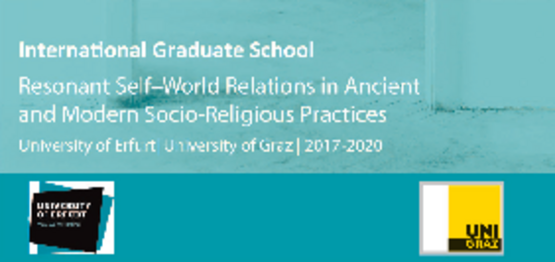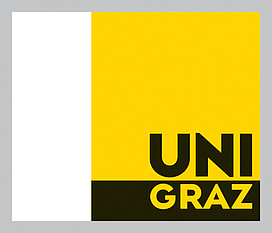Matthias Scholler
Ruler-cult and crisis. The imperial cult and the third century crisis
The projectʼs general theme is the imperial cult and the changes within its structure during the so-called ՙthird century crisis՚. While being a religious institution and essentially the theological framework of the emperorʼs rule, it is in essence a highly political subject which is tied in with the question of legitimization of rule, an issue that became ever more vital on the backdrop of the many usurpations plaguing the third century empire. Mainly the plan is to establish patterns of imperial self-representation between Maximinus Thrax and Diocletian and identify the strands of tradition versus innovation making up the framework of imperial legitimization and cult. This then shall be compared with the persona of the emperor appearing in individual acts of piety, in this context meaning mainly inscriptions. That is to say it is to be researched, which parts of the imperial self-representation impacted most strongly on the general populus (the military as well as the civilian population) and evolved to become the canonized picture of the divine emperor. My prognosis would be an increasing split between the emperorʼs divine and human natures, indicated, in my view, by the devotus numini maiestatique eius-inscriptions appearing at the beginning of the third century and differentiating between the emperors divine nature, his numen and his corporeal being, his maiestas. Such a distinction might become necessary considering the rising uncertainty of a third century emperors live, which was increasingly precarious and more often then not, short and violent. How then can an institution survive whos ultimate goal must be to establish peace and continuity? Therefore my suggestion is, that these aims become detached from the human emperor and attached to some idea of the divine institution itself. What I am not suggesting though is, that this a intended reform by the emperor, but rather a bottom up change in perception.
Curriculum Vitae:
- 2015-2018: B.A. in Ancient History
- 2018-2020: M.A. in Ancient History
- 2021-present: PhD student at the IGS: resonant self-world relations in in Ancient and Modern Socio-Religious Practices
Doctoral positions are open for the study year 2023/24. Deadline extended (end of April. For further information on the call see here.




